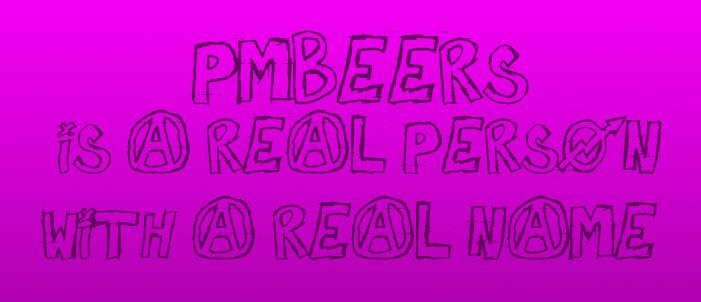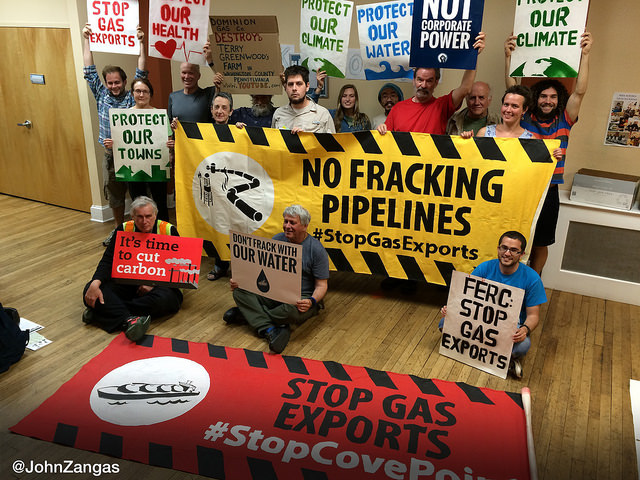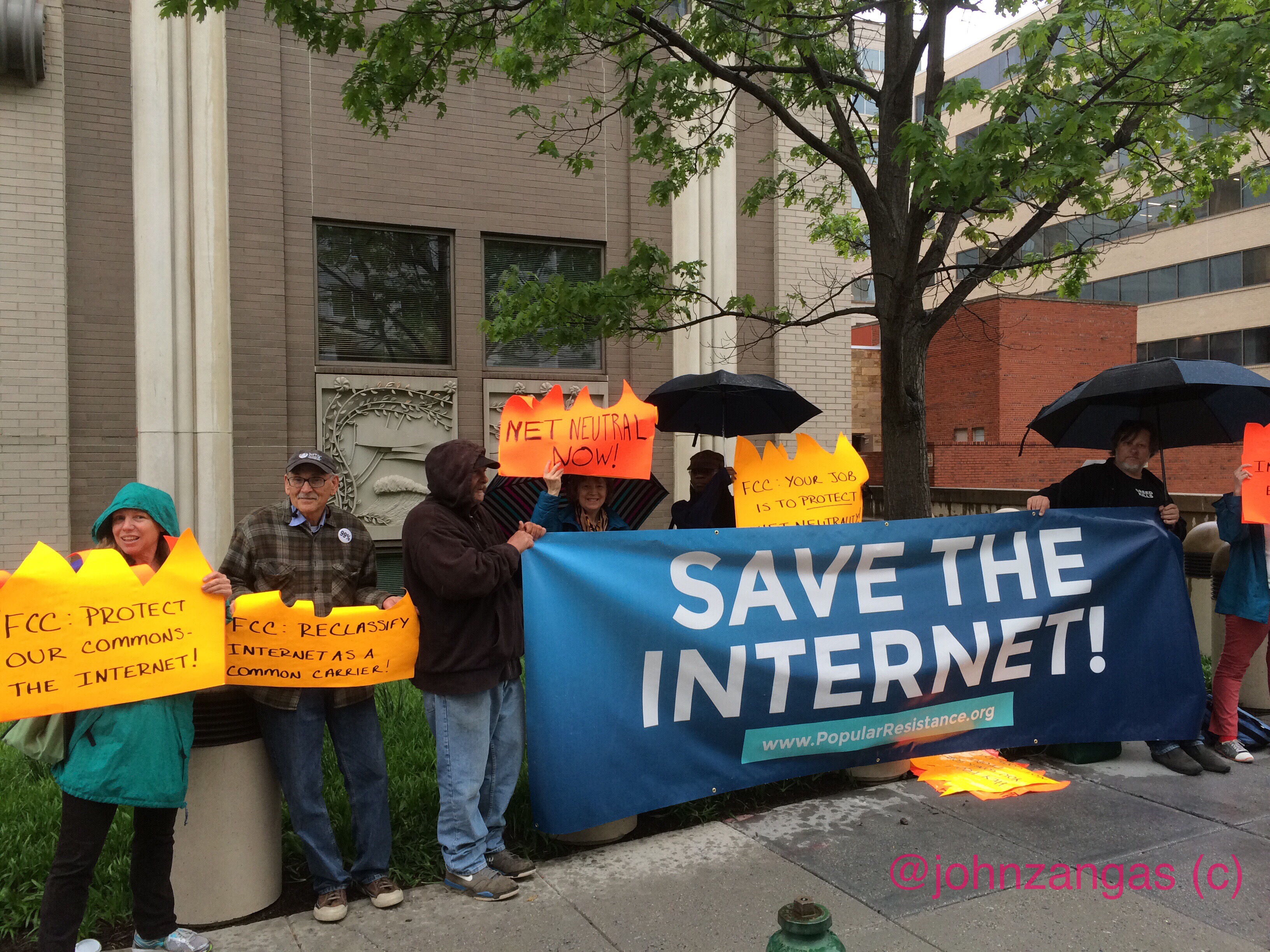Eight years ago when Patti Beers joined Facebook she had no idea it would become her central link to thousands of friends.
A fan of MySpace, Beers looked for something more interactive and discovered Facebook social media was sweeping the internet. She found friends she hadn’t heard from in years and was able to connect her family in one place via Facebook.
When the Occupy Wall Street (OWS) encampments sprung up in New York City and around the country during the Fall 2011, Facebook became a natural fit for discussing views of world change, sharing ideas and organizing events. Eventually Beers began reporting on OWS protests and live-streamed events using the service UStream and had announced such live events through Facebook.
Then last week when she logged on to Facebook her timeline was ominously replaced with a message: “It looks like you’re using your timeline to represent an organization, business, brand, or public figure…we recommend converting your timeline to a Facebook page.”
She was unable to access any information on her timeline. Facebook messaged her but left no option but to convert her timeline to a “fan page.” Gone were her photos and direct access to her family and friends. Countless hours of her communications were swept away in a click: her family history, photos and chats disappeared into a Orwellian memory hole.
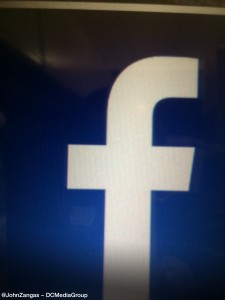 “ I felt my tongue was cut out,” said Beers. In an instant, she was relegated to unperson status: everything she had written, uploaded, and recorded over eight years was inaccessible. “I had thousands of photos there and wasn’t given the opportunity to download them before they were taken from me…so many great memories…gone.”
“ I felt my tongue was cut out,” said Beers. In an instant, she was relegated to unperson status: everything she had written, uploaded, and recorded over eight years was inaccessible. “I had thousands of photos there and wasn’t given the opportunity to download them before they were taken from me…so many great memories…gone.”
For its part Facebook publishes a terms of service agreement. In part it warns a user it can “stop providing all or part of Facebook” if a user “violates the letter or spirit” of the agreement.
She tried contacting Facebook but found their “help page” unhelpful. She wanted her photos back but was unable to reach someone to appeal her case.
The implications of her lost timeline impacted Beers greatly. Lost also was her ability to reach followers through live-stream reporting of events.
“Whenever I live-stream, my Facebook friends get an update that I’m live. Now 3500 people won’t be getting that update.” With over 230,000 views Beers’ live reach was now dead.
Beers believes a comment she made about a news station article may have spurred someone to complain about her timeline, but can’t be sure. “The next day I followed Facebook’s command and I changed my Facebook timeline into a fan page. I was locked out of my [timeline] until I complied and my friends who tried to message me got a message that my account was blocked due to abusive content.”
Beers maintains she has done nothing wrong or abusive and was using her real name.
With nearly a billion users, Facebook went public in 2012 and faced the scrutiny that comes with companies selling themselves on the stock exchange.
It reached an unprecedented market value of $104 billion within a few months, the highest ever of any social media company, and was forced to atone for “fake” accounts. The company admitted to having over 80 million “fake” accounts in 2012.
The Menlo Park company doubled down on its efforts to scrub questionable accounts from its servers. It even unfriended the DEA for pretending to be someone else.
But Beers maintains she has always used her real name on her timeline. “Facebook can be an effective tool for activism but using it for that purpose comes with the risk that your account can be reported and taken away and there is no way to defend yourself against false accusations.”
Beers hasn’t given up but looks at her experience that cost her dearly. She feels Facebook is more interested in making money off its users. “I would not have chosen to have a fan page if it was my choice. I can make posts but only 13 people see them now unless I pay money. Facebook is basically attempting to extort me.”
Revolution News Founder and Facebook page administrator Jenny Baker, amplified Beers’ concerns Facebook was inching towards profit motive and away from user satisfaction. “There is the issue of the reach of our page dropping from 10 to 12 million a week down to less than a million and this recent change is part of a business model to take Facebook more towards a pay per post platform,” said Baker who has built Revolution News to an international ‘indy news’ brand.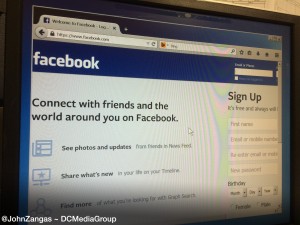
Even if an organization follows Facebook policies, they could still lose reach as Facebook’s business model evolves, according to Baker.
With one digital click Facebook could conceivably cut you from access to friends, photos and more-family history, chats and your history. With one click you could lose your birthday wishes, photo albums, chats and every like and poke you registered while you were on-line.
What can you do to protect your digital files? Reading and understanding the rules and terms of service agreement of any free social media software is imperative. Also helpful is understanding social media engines run on living software which constantly evolve.
Backing up information which you would like to keep is important as well. Services such as Dropbox, for example allow private photo storage. Since Facebook considers your “shared” digital files its property (see user terms) it is best to keep a copy. Facebook allows the option to download and archive your information such as photos under settings: go to Settings, click ‘download a copy of Facebook data’ and then click ‘start my archive.’
Attempts to contact Facebook public affairs for comments were returned with an email instruction to seek help from the Web help page. The Facebook help page did not provide responses to our queries.

